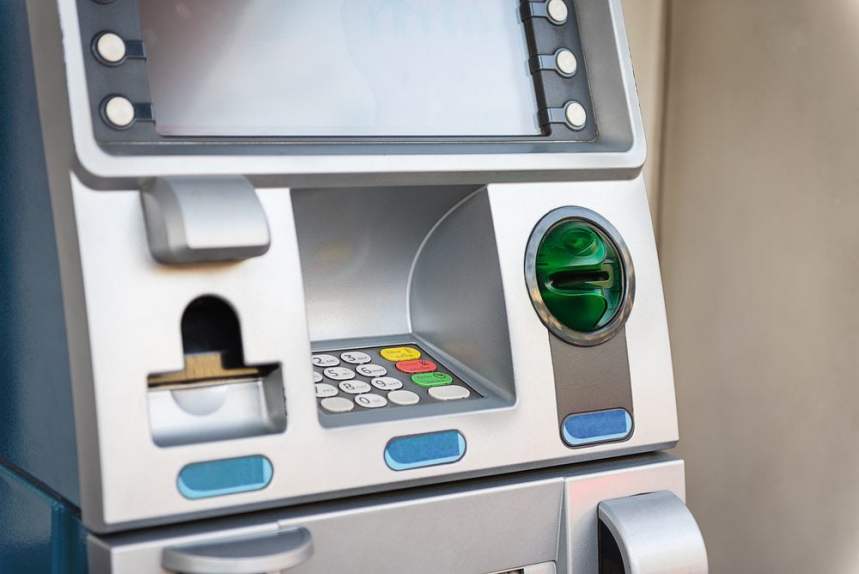Bitcoin has been around for over 8 years now. But the widespread popularity of this digital currency as an alternative to fiat currency dates back only to the past 2-3 years. While Bitcoin continues to gain a lot of media attention as the “future of currency”, it has its own struggles that raise doubts among people.
Even though there is so much media attention towards the digital currency, it hasn’t contributed much towards the rate of adoption. Bitcoin continues to suffer from a slow rate of adoption which is attributed to either the lack of understanding or confidence among the masses.
A recent article in one of the leading business publications offers an insight into the minds of an average user. In addition to the lack of understanding about Bitcoin and its underlying technology, there are other concerns shared by regular people used to the traditional banking system which is affecting the adoption.
Traditional financial systems follow a centralized approach. Being such an institution, banks are accountable to their customers’ money. Bitcoin is just the opposite. The digital currency is based on a decentralized protocol and it allows users to have complete control over their funds without any third party interference. However, it also means the user alone is accountable for his/her funds which some believe is a huge risk. If someone doesn’t take enough security precautions, there is a possibility of them losing their funds to a hacker or a cyber criminal. But the same applies to other modes of transactions as well, credit cards for example. Unlike credit card frauds, stealing digital currency from someone’s wallet is not as easy as knowing their personal information and card number.
The irreversible nature of Bitcoin transactions is another cause of worry for few people. If they decide to pay for something with Bitcoin and not satisfied with it or if they never receive the product after paying for it, they can’t just request a chargeback. The receiver will have to manually execute the refund. In the case of fiat transactions, individuals can request a chargeback on their credit card and wire transactions.
However, the recent developments in cryptocurrency technology make it very much capable of addressing all these issues. The use of smart contracts can make parties to Bitcoin transactions more accountable. These smart contracts can also be used to automate deposits, withdrawals, payments etc., just like the banks. Some of the other features include Bitcoin-powered debit cards which work just like regular cards but with one exception, they are connected to Bitcoin wallets instead of bank accounts.
Bitcoin is quite capable of offering an experience close to that of the existing conventional system. Many companies are currently working on creating such solutions. The rise of smart contract platforms like Ethereum and Rootstock are going to further accelerate the process. However, in order to gain the confidence of masses, it is very important to educate them about the advantages of Bitcoin and other digital currencies. Offering them easy-to-use financial applications based on Bitcoin and comparing the advantages of the digital currency over the conventional monetary system is important as well.
Digital currency revolution is upon us and there is denying it. It is necessary to ensure that everyone is on board by implementing the right initiatives.
Ref: Quartz | WSJ | Image: Shutterstock























